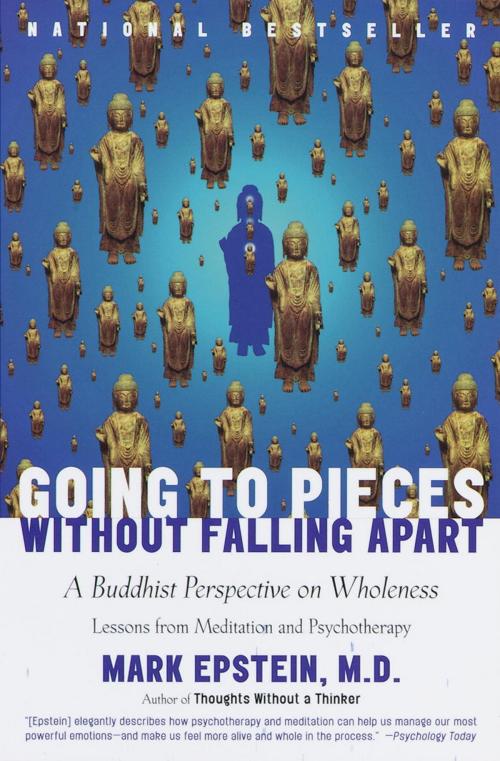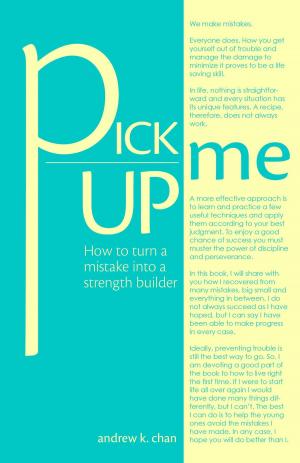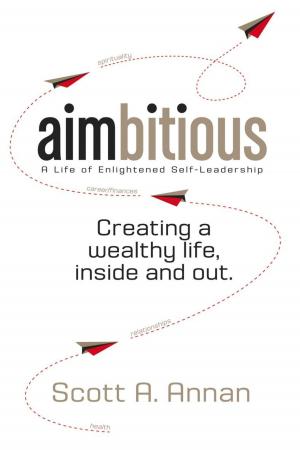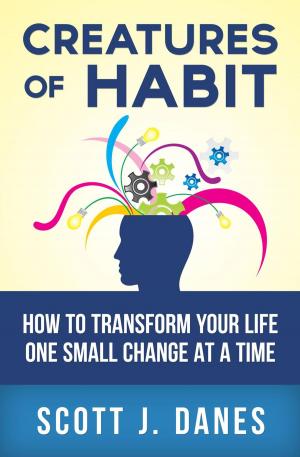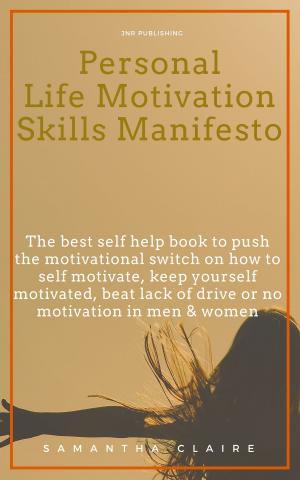Going to Pieces Without Falling Apart
A Buddhist Perspective on Wholeness
Nonfiction, Religion & Spirituality, Eastern Religions, Buddhism, Health & Well Being, Psychology, Mental Health, Self Help, Happiness| Author: | Mark Epstein, M.D. | ISBN: | 9780307830098 |
| Publisher: | Potter/Ten Speed/Harmony/Rodale | Publication: | April 17, 2013 |
| Imprint: | Harmony | Language: | English |
| Author: | Mark Epstein, M.D. |
| ISBN: | 9780307830098 |
| Publisher: | Potter/Ten Speed/Harmony/Rodale |
| Publication: | April 17, 2013 |
| Imprint: | Harmony |
| Language: | English |
For decades, Western psychology has promised fulfillment through building and strengthening the ego. We are taught that the ideal is a strong, individuated self, constructed and reinforced over a lifetime. But Buddhist psychiatrist Mark Epstein has found a different way.
Going to Pieces Without Falling Apart shows us that happiness doesn't come from any kind of acquisitiveness, be it material or psychological. Happiness comes from letting go. Weaving together the accumulated wisdom of his two worlds--Buddhism and Western psychotherapy--Epstein shows how "the happiness that we seek depends on our ability to balance the ego's need to do with our inherent capacity to be." He encourages us to relax the ever-vigilant mind in order to experience the freedom that comes only from relinquishing control.
Drawing on events in his own life and stories from his patients, Going to Pieces Without Falling Apart teaches us that only by letting go can we start on the path to a more peaceful and spiritually satisfying life.
For decades, Western psychology has promised fulfillment through building and strengthening the ego. We are taught that the ideal is a strong, individuated self, constructed and reinforced over a lifetime. But Buddhist psychiatrist Mark Epstein has found a different way.
Going to Pieces Without Falling Apart shows us that happiness doesn't come from any kind of acquisitiveness, be it material or psychological. Happiness comes from letting go. Weaving together the accumulated wisdom of his two worlds--Buddhism and Western psychotherapy--Epstein shows how "the happiness that we seek depends on our ability to balance the ego's need to do with our inherent capacity to be." He encourages us to relax the ever-vigilant mind in order to experience the freedom that comes only from relinquishing control.
Drawing on events in his own life and stories from his patients, Going to Pieces Without Falling Apart teaches us that only by letting go can we start on the path to a more peaceful and spiritually satisfying life.
